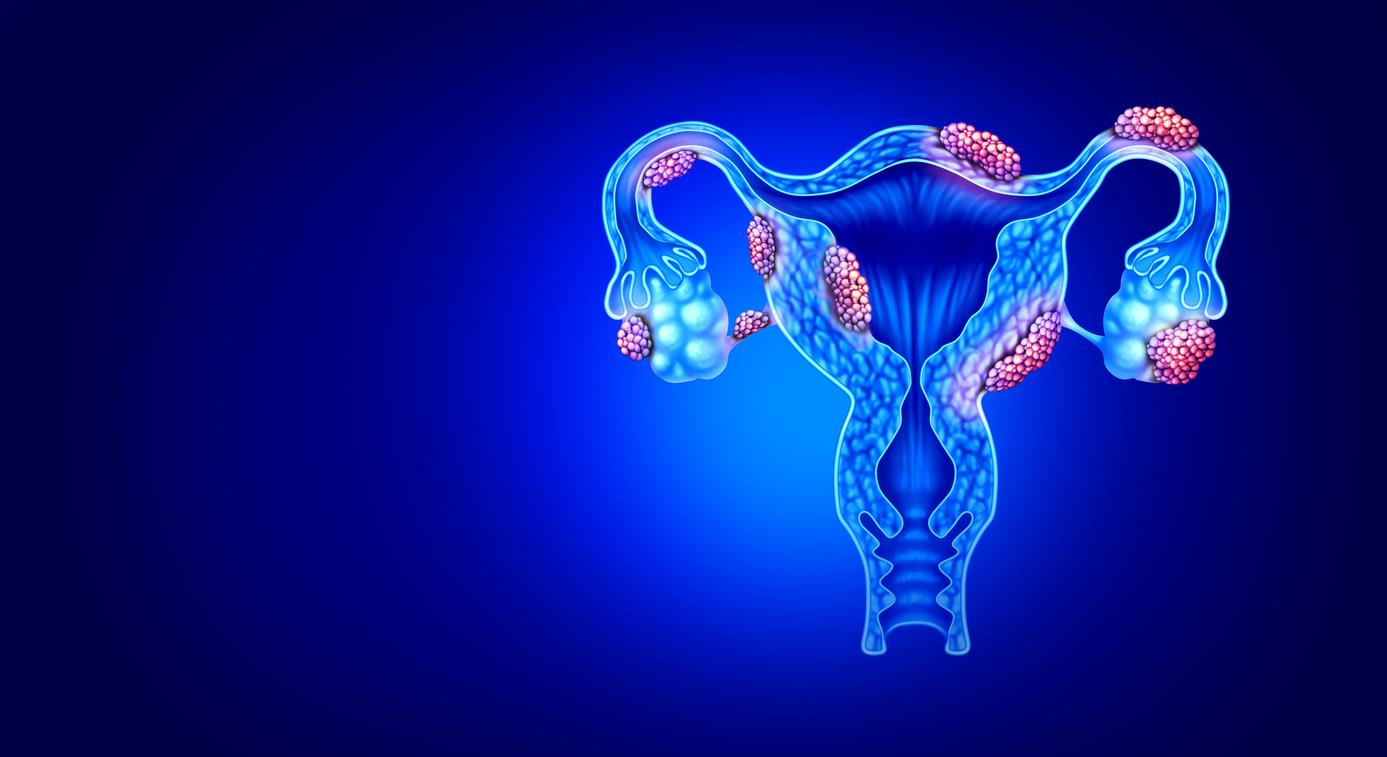A diet low in fermentable sugars improves symptoms of irritable bowel. The associated supplementation with probiotics on the intestinal microbiota is more limited.

Its symptoms are rotting the lives of those with irritable bowel syndrome or “functional bowel disease,” but there is something new. In these individuals, a diet low in fermentable sugars (low in FODMAP) provides noticeable relief from intestinal problems and reduces validated symptom scores. This reduction is demonstrated in a controlled study and compared to a placebo diet.
Co-administration of probiotics increases the diversity of the intestinal flora (the number of Bifidobacterium species in the stool) without, however, influencing digestive symptoms. These are the conclusions ofa controlled study published in the journal Gastroenterology.
A double question
This is a double test controlled according to a validated technique (2 × 2 factorial design). It was performed in 104 people (aged 18-65) with irritable bowel syndrome in the UK.
The patients drew lots between a group having received advice to follow a placebo diet or a group with a diet low in fermentable carbohydrates (a diet low in FODMAP = fructose, lactose, mannitol, sorbitol, etc.) for 4 weeks. The draw also concerned the supplementation of the daily ration with probiotics, which made it possible to obtain 4 groups: (27 receiving a placebo diet and a probiotic placebo, 26 receiving a placebo diet / a probiotic, 24 receiving low FODMAP / probiotic placebo diet, and 27 receiving low FODMAP / probiotic diet).
Dietary advice was given to all patients, and data on the food consumed and the compliance of the diets adopted with the recommended diets were collected, which guarantees the quality of the results.
Interest of the diet on digestive problems
In the analysis of people who followed their diet, a significantly higher proportion of those on a low FODMAP diet had adequate relief from their digestive problems (61%) compared to the group on the placebo diet (39%) (P = 0.042). These data are confirmed by the analysis of the evolution of international scores (IBS-Severity Scoring System).
Limited benefit of probiotics
While no difference is observed in the intensity or frequency of digestive symptoms between people who received probiotics and those who received a placebo, measurement of the diversity of the intestinal flora and in particular of the Bifidobacterium species, which is lower in fecal samples from patients on a low FODMAP diet, is higher in patients who received probiotics. The low FODMAP diet has no impact on the diversity of the microbiota in fecal samples.
Validation of an old hypothesis
This is one of the first placebo-controlled studies to show a benefit of a diet low in fermentable carbohydrates on symptoms of irritable bowel, but it is not possible in this study to differentiate between the restriction of all fermentable sugars (fructose, mannitol, lactose, sorbitol, etc.) and the isolated restriction of lactose. The intake of probiotics is associated with an increase in the diversity of Bifidobacterium species in the stool, but this increase in the diversity of the intestinal flora does not seem to have any particular interaction with the symptoms.
Limiting fermentable sugars is therefore likely to improve many symptoms (pain, bloating, gas, urge) in at least some of the people suffering from irritable bowel syndrome.
.

















